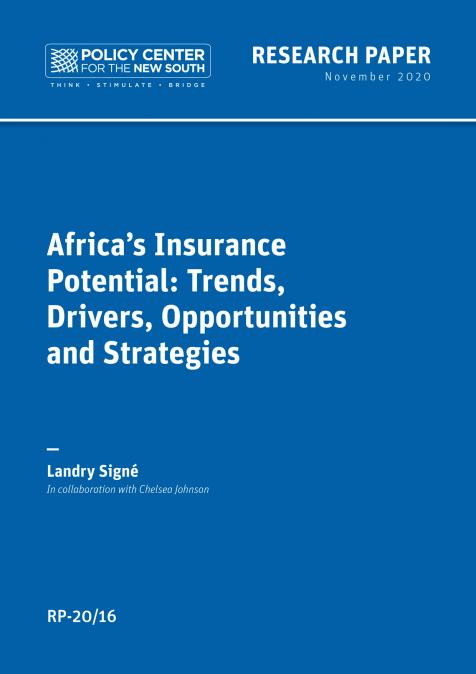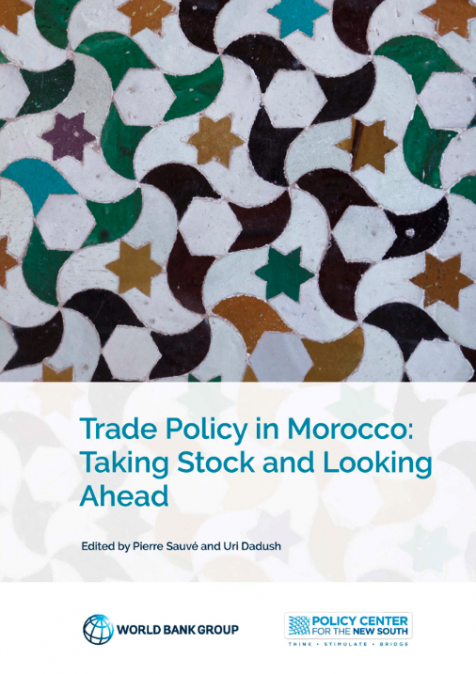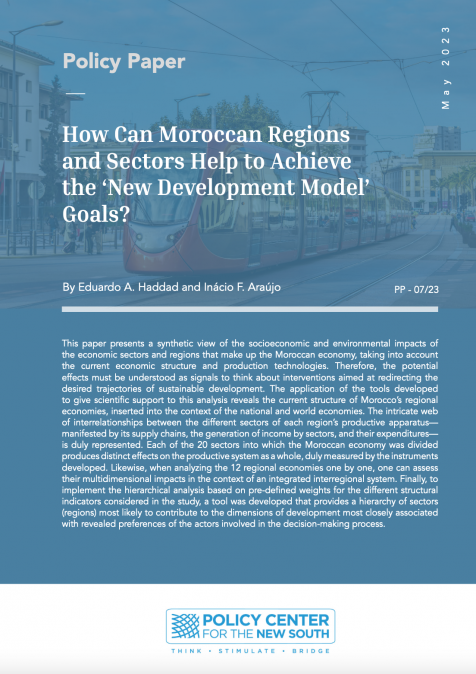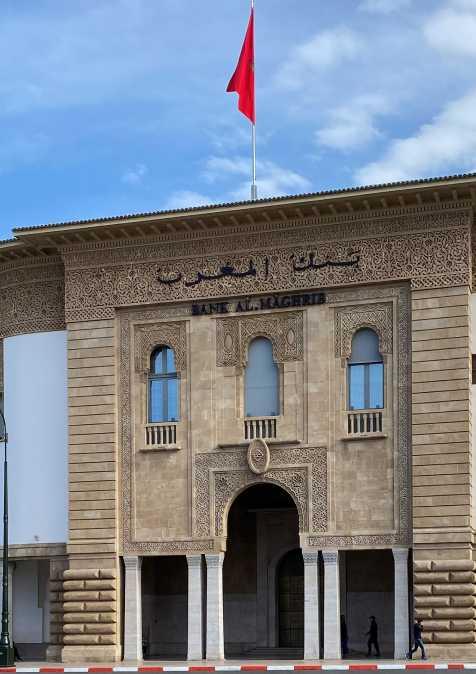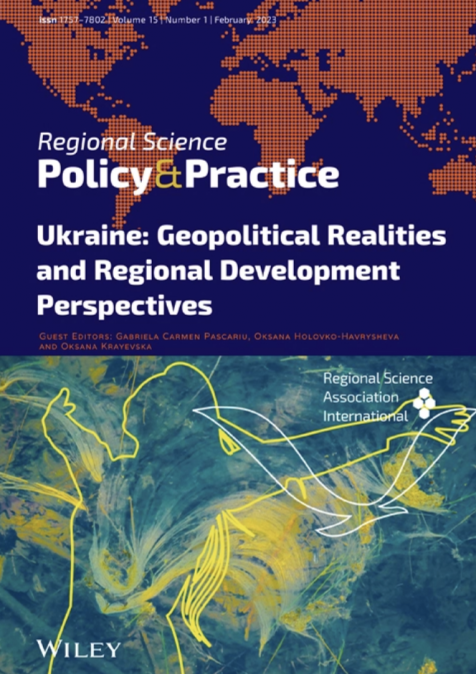Publications /
Research Paper
The insurance sector is rapidly expanding in Africa as firms, households, and governments are increasingly becoming customers in life insurance, non-life insurance, and reinsurance markets. In 2019, Africa’s insurance premiums were valued at $68.15 billion 1 . The largest insurance markets can be found in South Africa, Kenya, Egypt, Nigeria, Algeria, Angola, and Tunisia, which together comprised 83% of all African premiums in 2019 2 . Africa’s insurance sector is often overlooked within the broader financial service markets, despite its longterm development and financial potential to impact overall economic growth. Insurance penetration is growing slowly on the continent due to challenges to disposable income which prevent consumers and firms from broadening the African insurance sector. Broadening the insurance sector in Africa is critical given the current increased risk appreciation of Africans as they face short-term and long-term disruptions caused by the COVID-19 pandemic 3 . This report aims to offer business leaders an overview of Africa’s biggest opportunities and risks in the insurance sector, discussing trends, drivers, perspectives, and strategies for effective investment. It also provides policymakers with some solutions related to the areas that need to be improved to attract private investors, accelerate insurance coverage development, and contribute to growth and poverty alleviation.

